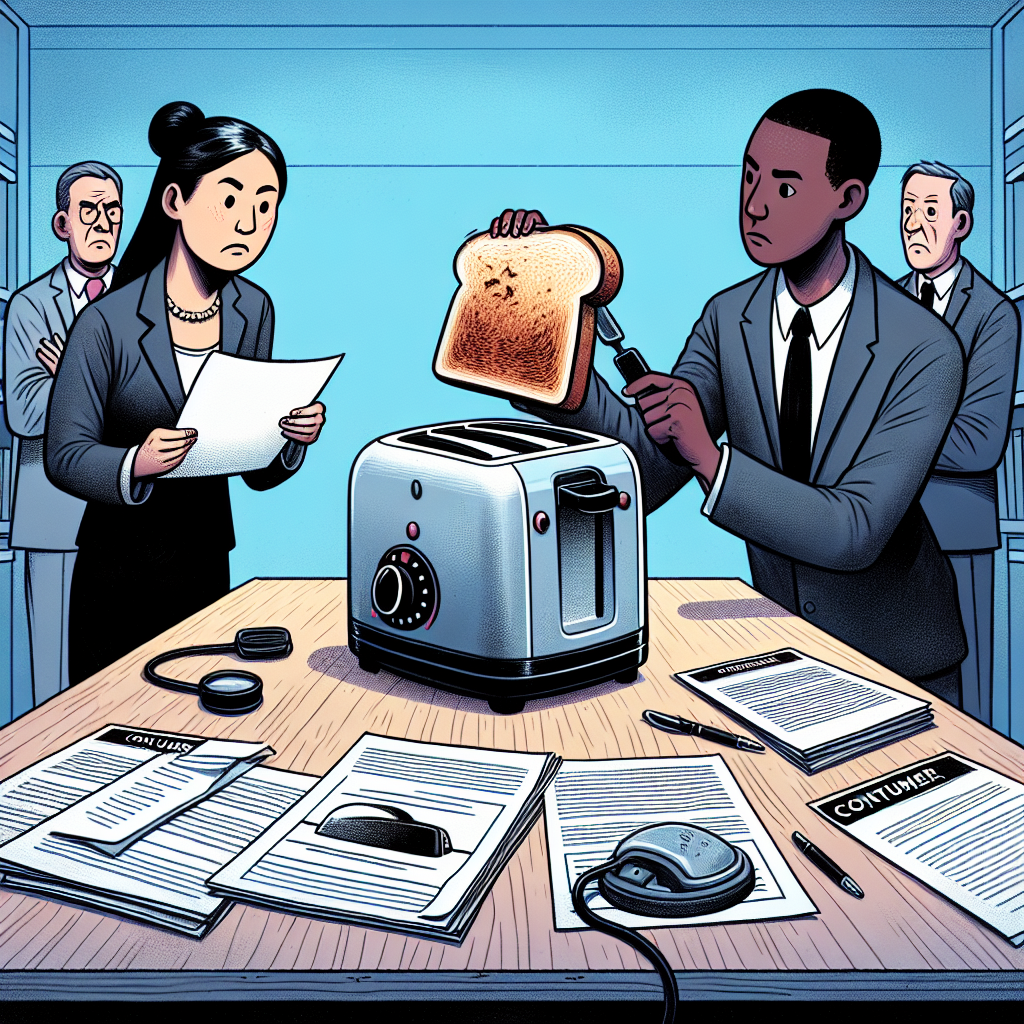Consumer Law: Faulty Product

Consumer law is a branch of legal regulations that protects individuals from unfair practices and ensures their rights are upheld when purchasing goods and services. One common issue that consumers face is receiving a faulty product. This article will explore the rights of consumers in such situations and the legal remedies available to them.
Understanding Consumer Rights
Consumers have certain rights when it comes to purchasing products, and these rights are protected by consumer law. When a consumer buys a product, they have the right to expect that it will be of satisfactory quality, fit for its intended purpose, and as described by the seller. If a product is faulty, it means that it does not meet these expectations.
Legal Remedies for Faulty Products
When a consumer receives a faulty product, they have several legal remedies available to them:
- Right to a Refund or Replacement: If a product is faulty, the consumer has the right to request a refund or a replacement from the seller. This right is applicable within a reasonable time after the purchase.
- Right to Repair: In some cases, the consumer may have the right to have the faulty product repaired instead of receiving a refund or replacement. This option is often available for minor defects that can be easily fixed.
- Right to Compensation: If a faulty product causes damage or injury to the consumer, they may be entitled to compensation for any losses suffered. This compensation can cover medical expenses, property damage, and even emotional distress.
Steps to Take When Dealing with a Faulty Product
When a consumer discovers that they have received a faulty product, it is important to take the following steps:
- Contact the Seller: The first step is to contact the seller and inform them about the issue. It is advisable to do this in writing, such as through an email or a letter, to have a record of the communication.
- Provide Evidence: The consumer should gather any evidence that supports their claim, such as photographs, receipts, or any correspondence with the seller.
- Know Your Rights: It is crucial for consumers to be aware of their rights under consumer law. Understanding what they are entitled to will help them navigate the situation more effectively.
- Seek Legal Advice: If the seller refuses to provide a refund, replacement, or compensation, the consumer may need to seek legal advice. A consumer law attorney can guide them through the legal process and help protect their rights.
Conclusion
Receiving a faulty product can be frustrating and inconvenient for consumers. However, consumer law provides protection and legal remedies to ensure that their rights are upheld. By understanding their rights, gathering evidence, and seeking appropriate legal advice when necessary, consumers can effectively address the issue and seek the appropriate resolution.







